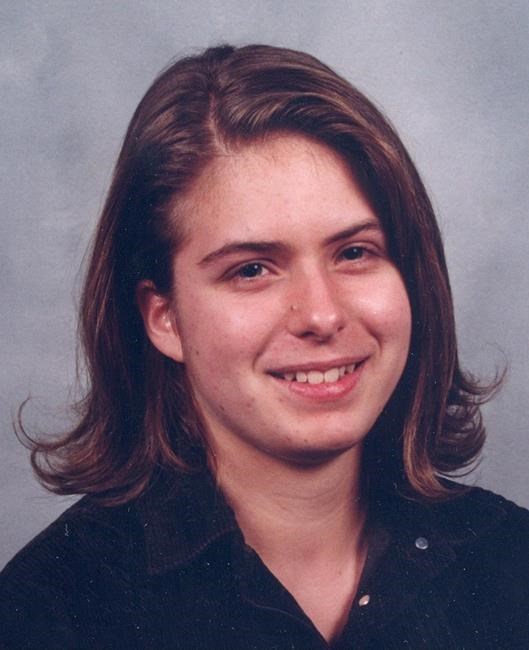SAGUENAY, Que. — The jury that will decide the fate of a Quebec man charged with the first-degree murder and sexual assault of a 19-year-old junior college student in 2000 was sequestered today after the judge began delivering instructions.
Superior Court Justice François Huot told the jury on the first day of his instructions that they have the option of finding Marc-André Grenon guilty of first-degree murder, second-degree murder or manslaughter.
Grenon, 49, is charged with murdering and assaulting Guylaine Potvin in her basement apartment in April 2000 in Jonquière, Que., now a part of Saguenay.
The defence has admitted that Grenon broke into Potvin's apartment and killed her during what they said was a robbery attempt, but it denies that their client planned the killing or sexually assaulted the victim while she was alive.
The Crown, on the other hand, has argued that Grenon killed Potvin in the course of a sexual assault that began while she was asleep in her bed.
Huot will continue his instructions on Tuesday before the jury begins discussions to reach a verdict.
The Criminal Code defines first-degree murder as “planned and deliberate," however a murder is also first-degree if it occurs in the course of a sexual assault. First-degree and second-degree murder come with automatic life sentences, but with first-degree murder there is no possibility of parole for 25 years, compared to as little as 10 years for second-degree.
This report by The Canadian Press was first published Feb. 19, 2024.
The Canadian Press



